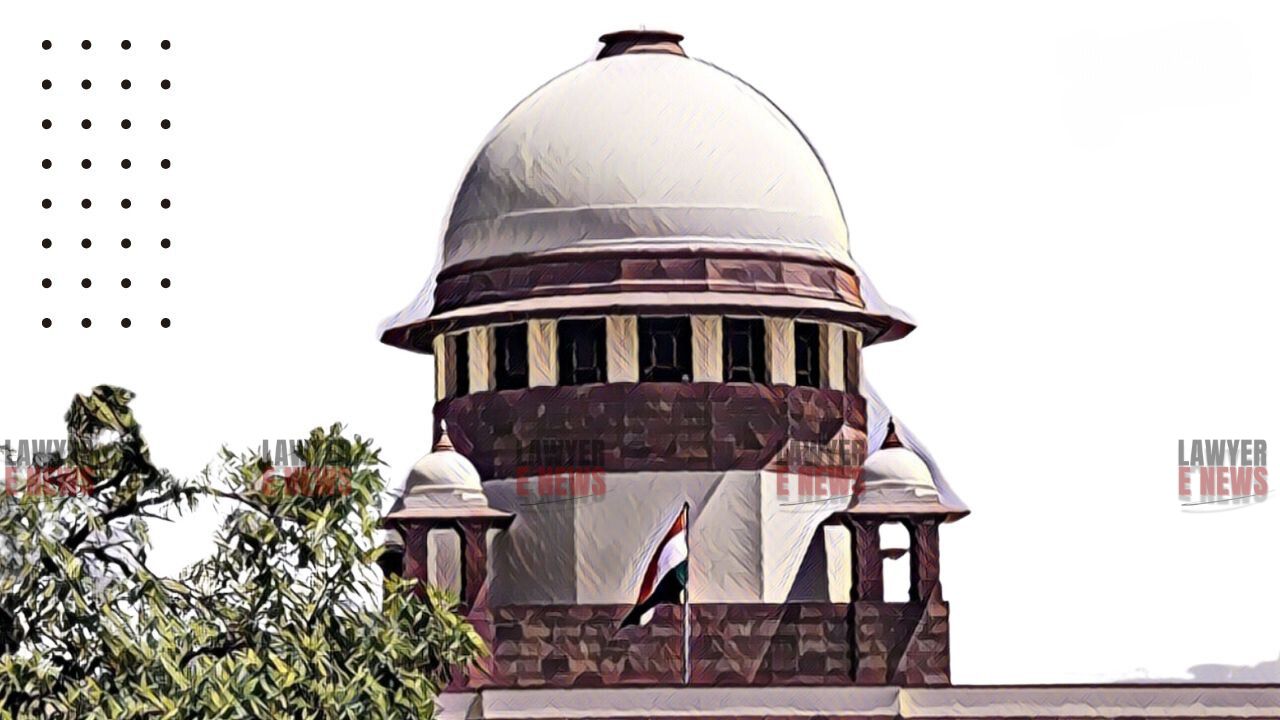-
by Admin
15 February 2026 5:35 AM



Supreme Court of India delivered a landmark judgment, acquitting two accused previously convicted for the gruesome murder of Gurpal Singh. The Court found the evidence relied upon by the prosecution inadmissible or insufficient to prove guilt beyond a reasonable doubt. The decision underscores the necessity for adherence to legal standards of evidence, even in heinous crimes.
The case stemmed from the abduction and murder of Gurpal Singh on July 8, 2013. Singh was abducted by a group in a white Maruti car near Prabhu Prem Puram Ashram and his mutilated body was recovered from a canal the next day. The Sessions Court convicted eight accused, sentencing them to life imprisonment under Sections 364, 302, 201, 212, and 120-B of the Indian Penal Code (IPC). The High Court of Punjab and Haryana upheld the convictions of the appellants while acquitting the remaining accused.
The appellants, Randeep Singh @ Rana and Rajesh @ Don, challenged their conviction in the Supreme Court, citing lack of credible and admissible evidence.
The prosecution’s case heavily relied on the testimony of Paramjeet Kaur (PW-26), the sister of the deceased. While she claimed to have witnessed the abduction, the Court found her testimony riddled with significant omissions. Justice Abhay S. Oka noted:
“The material part of the testimony of PW-26... is full of omissions... These omissions amount to contradictions under Section 162 of the Code of Criminal Procedure (CrPC).”
The Court emphasized that the absence of a test identification parade and PW-26’s failure to identify specific roles of the accused undermined the prosecution's case.
Additionally, the failure to examine PW-26’s husband, another purported eyewitness, drew adverse inferences against the prosecution.
The CCTV footage, purportedly capturing the white Maruti car used in the abduction, was dismissed as inadmissible due to non-compliance with Section 65B of the Indian Evidence Act. The footage was submitted without a proper certificate or authentication. Highlighting the issue, the Court observed:
“Neither PW-1 nor PW-24 had seen the CCTV footage downloaded on the CD... The CD did not bear any markings, and the prosecution failed to produce the certificate under Section 65B of the Evidence Act.”
The Court referred to the principles established in Sharad Birdhichand Sarda v. State of Maharashtra, emphasizing that every link in the chain of circumstantial evidence must conclusively point to guilt. The Court concluded:
“Even if one of the circumstances forming part of the chain is not proved, the prosecution case cannot be held as established.”
Confessions made by the appellants during police custody were introduced by the prosecution through the Investigating Officer (PW-27). The Court ruled these inadmissible under Sections 25 and 26 of the Evidence Act. Justice Oka remarked:
“A confessional statement made by the accused to a police officer while in custody is not admissible in evidence except to the extent to which Section 27 is applicable.”
The Court found that even the admissible portions under Section 27, relating to recoveries, did not form a complete chain of evidence.
The Supreme Court unequivocally held that the prosecution failed to prove the guilt of the appellants beyond a reasonable doubt based on admissible evidence. Emphasizing the principles of fair trial, the Court stated:
“Though the offence is gruesome and revolts the human conscience... an accused can be convicted only on legal evidence.”
The Court acquitted Randeep Singh @ Rana and Rajesh @ Don and ordered their immediate release unless required in other cases. The judgment reinforces the fundamental legal principle that suspicion, however strong, cannot replace proof in criminal jurisprudence.
Date of Decision: November 22, 2024
